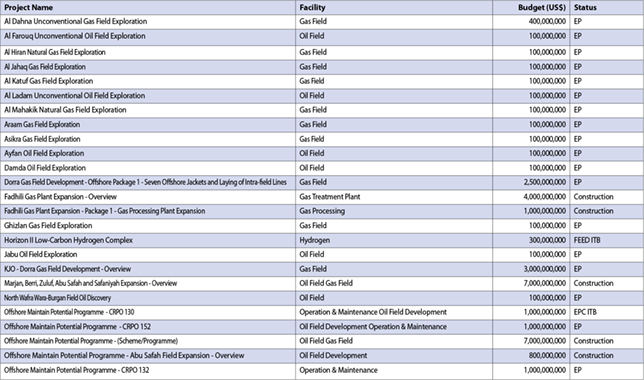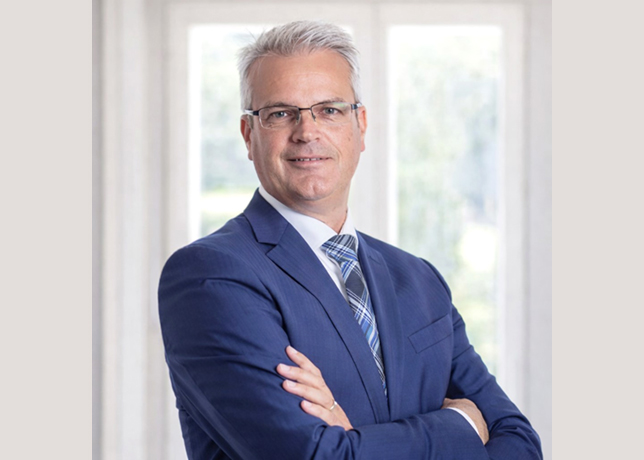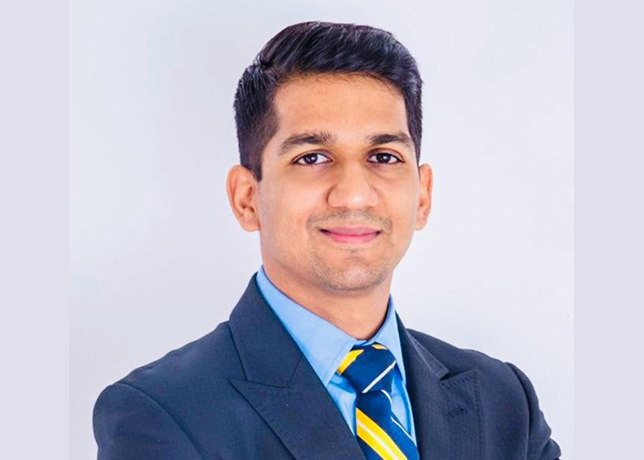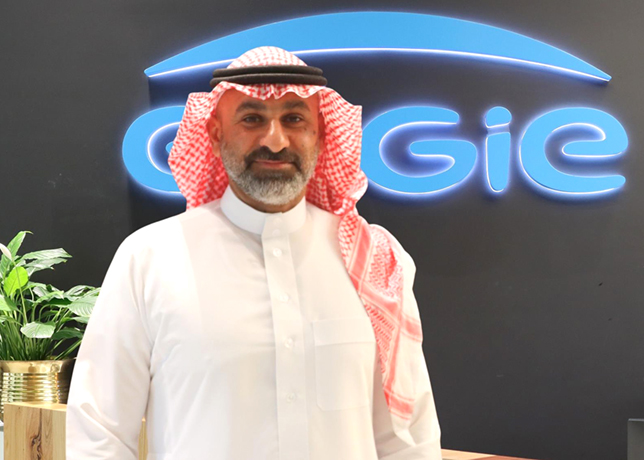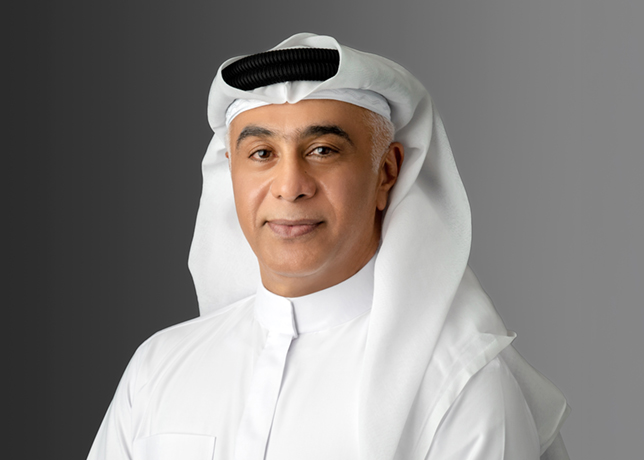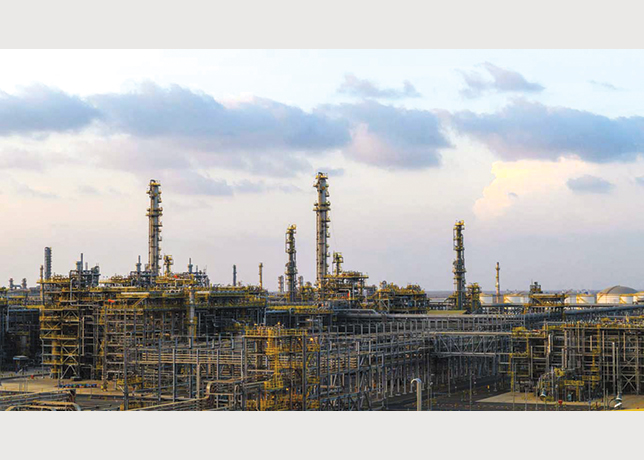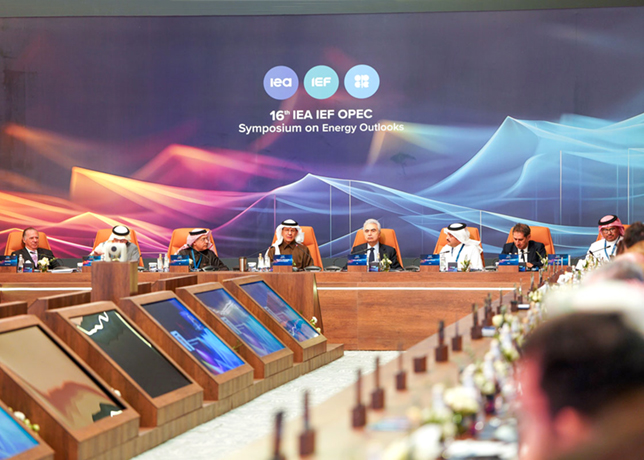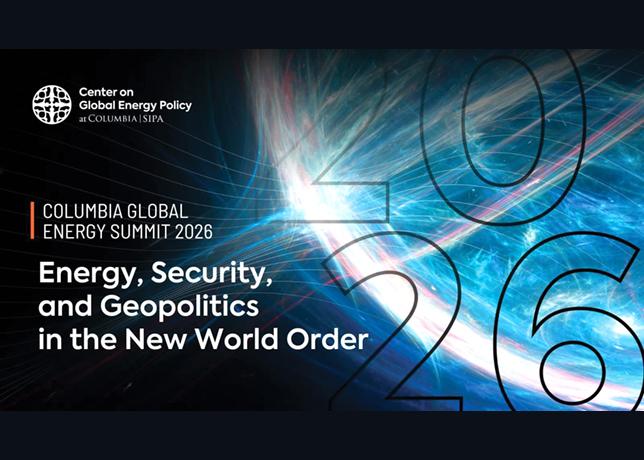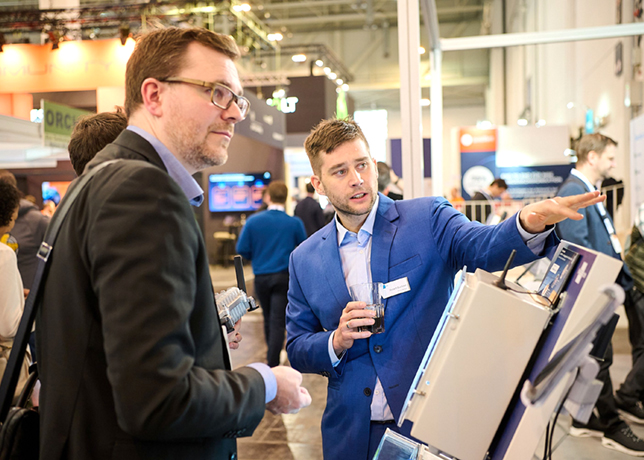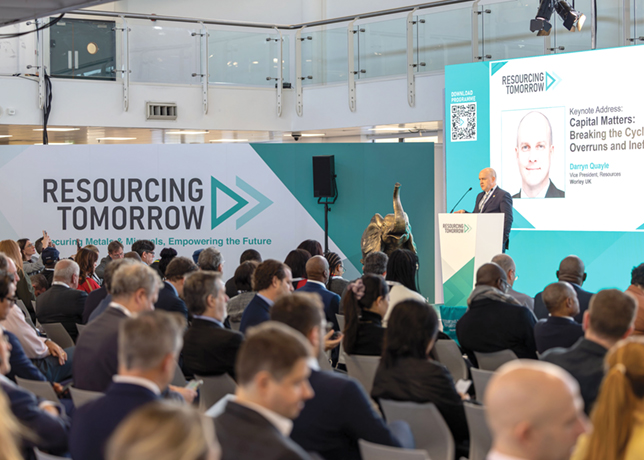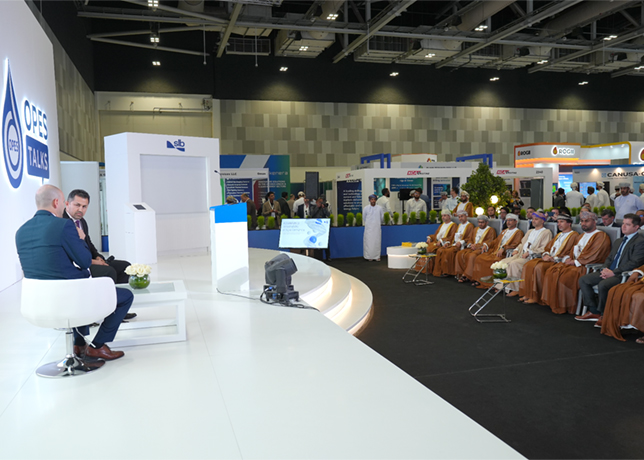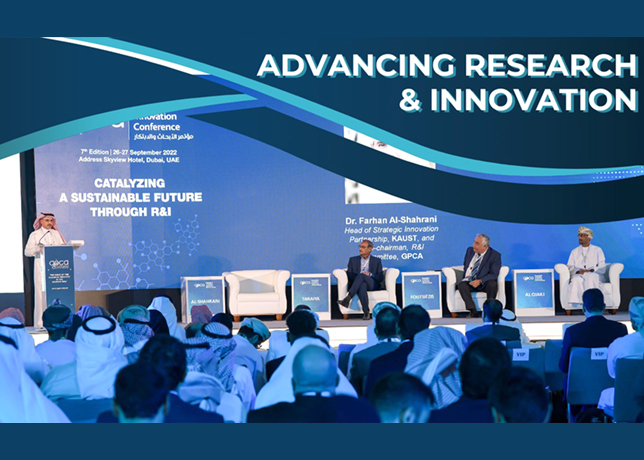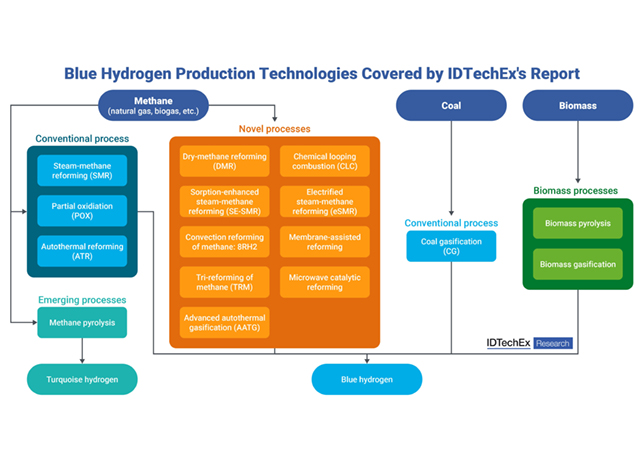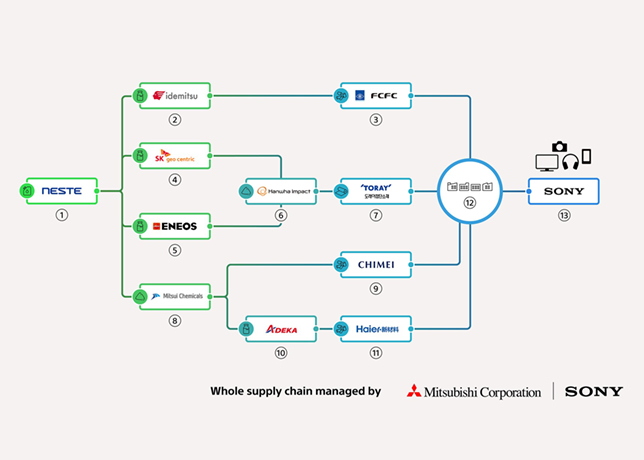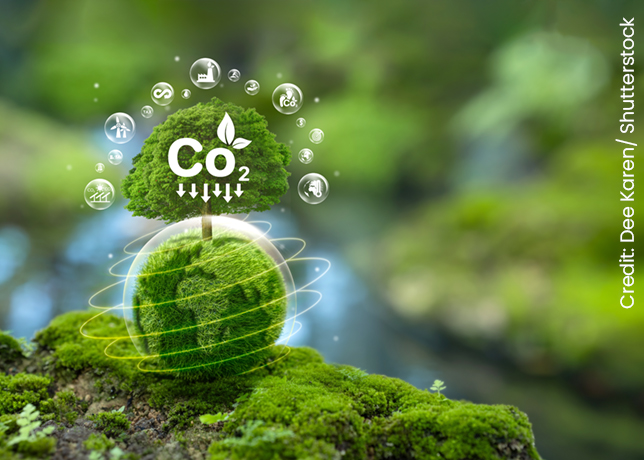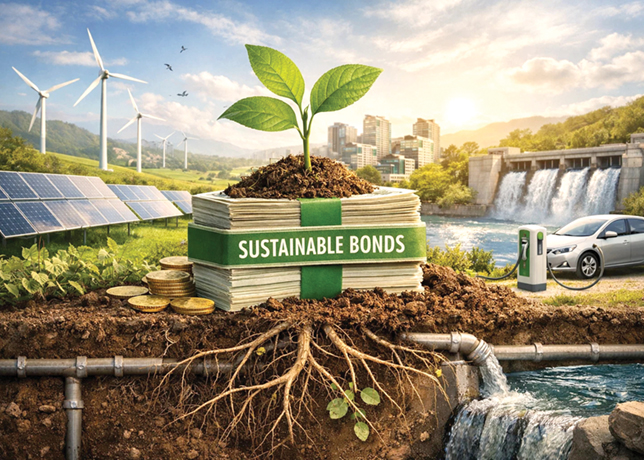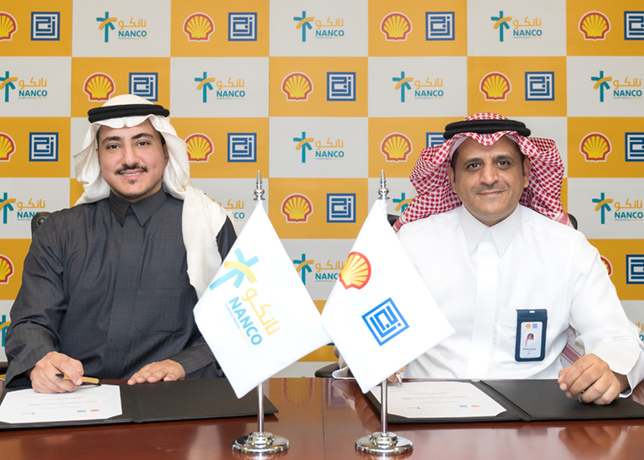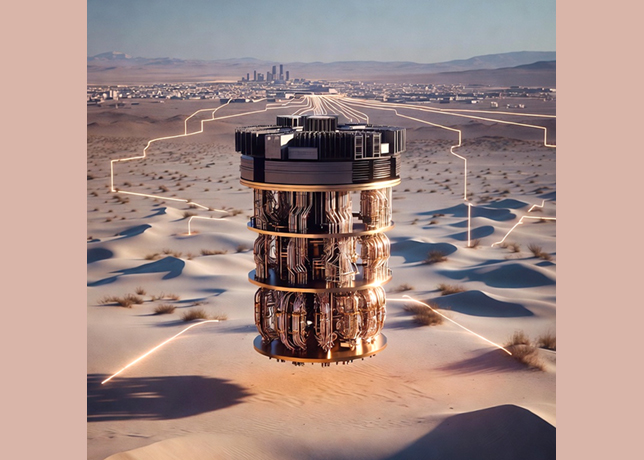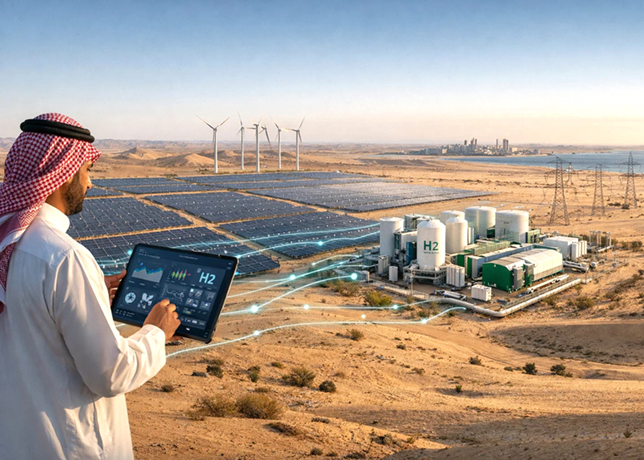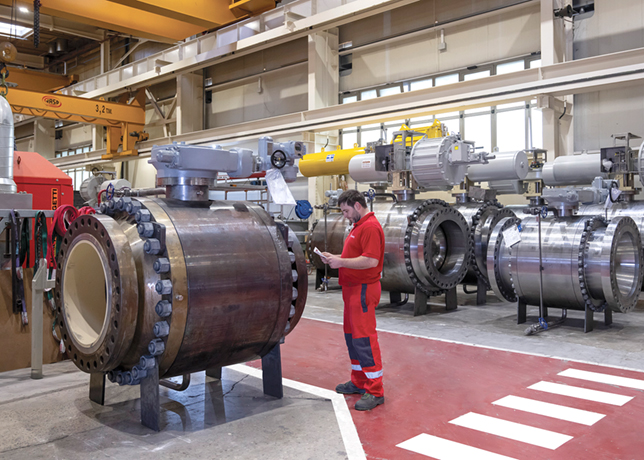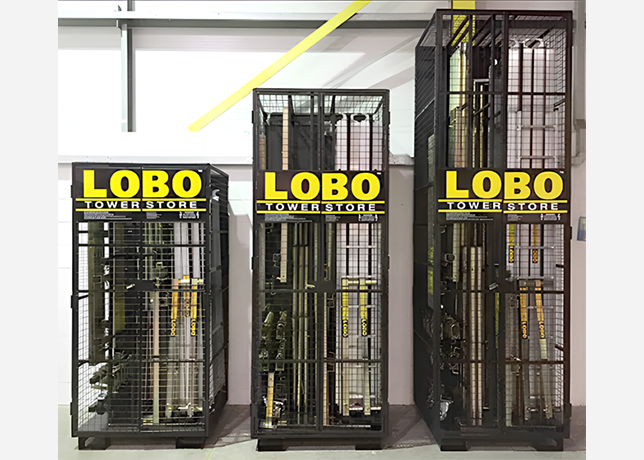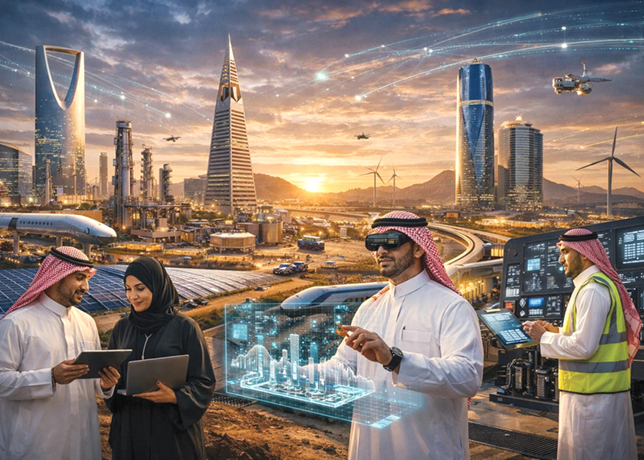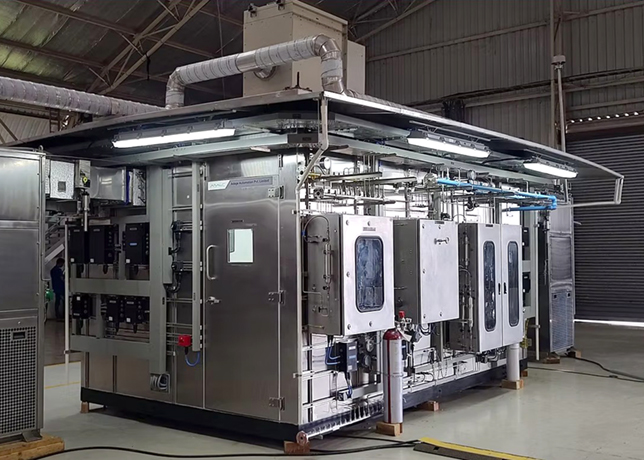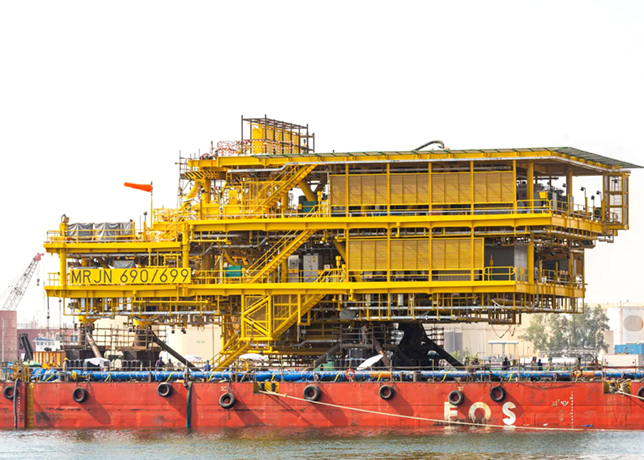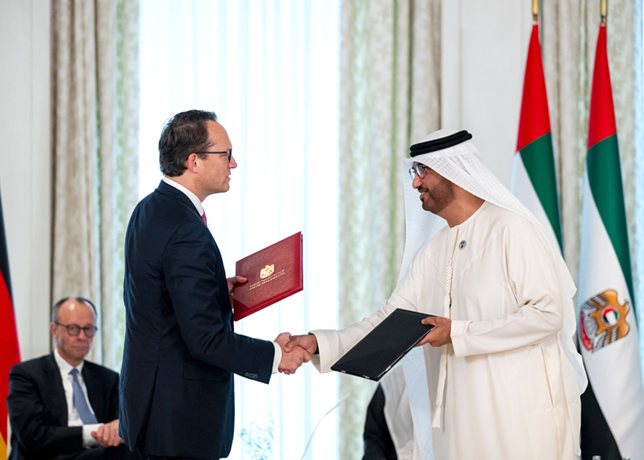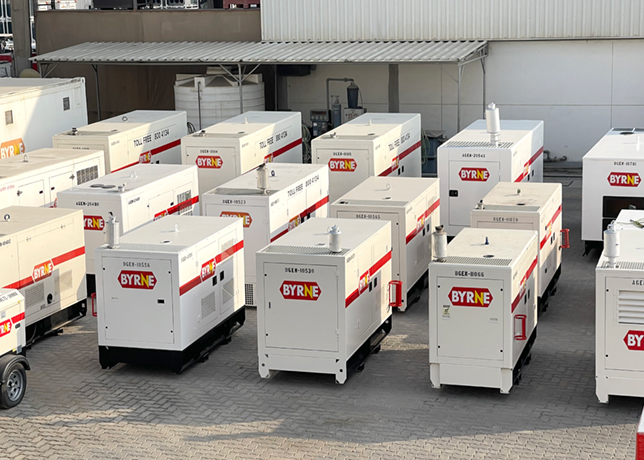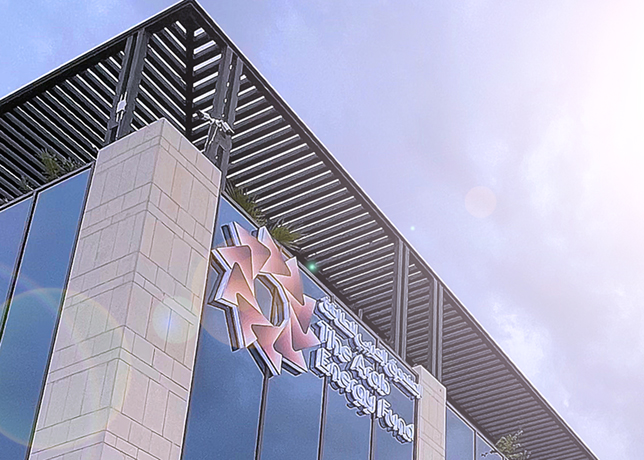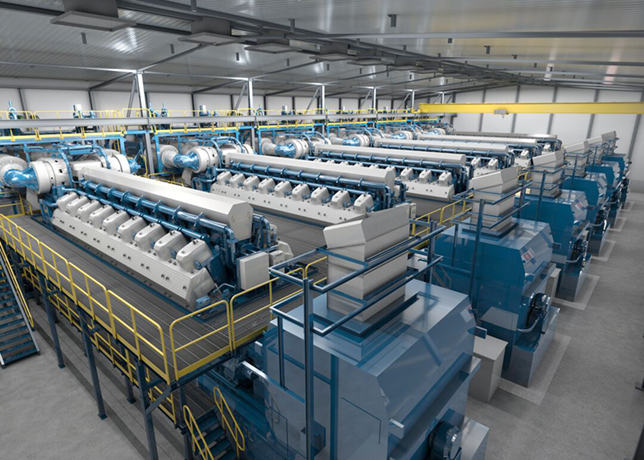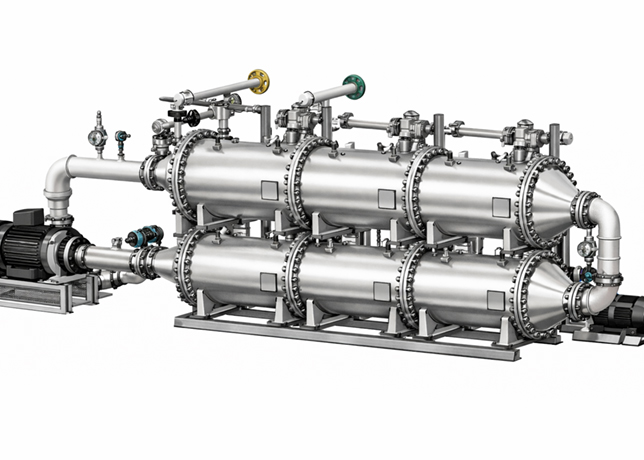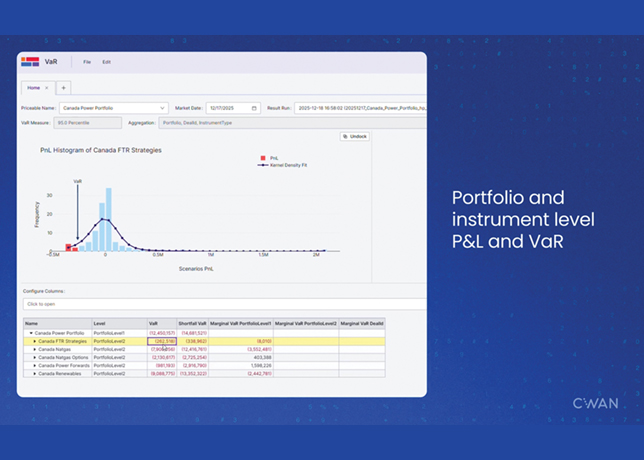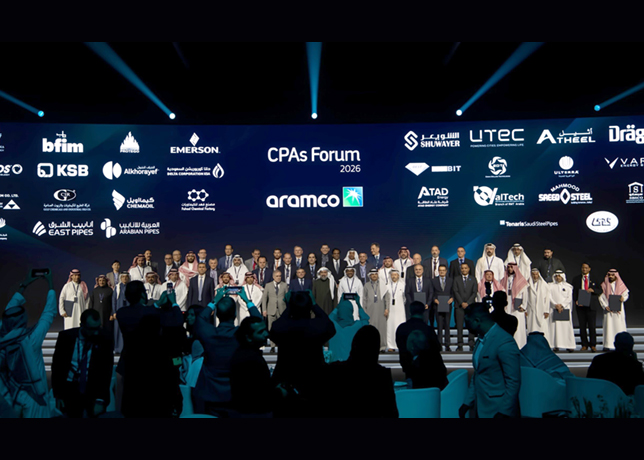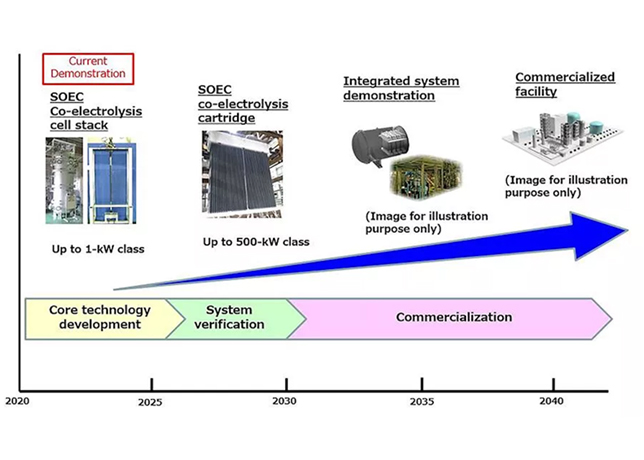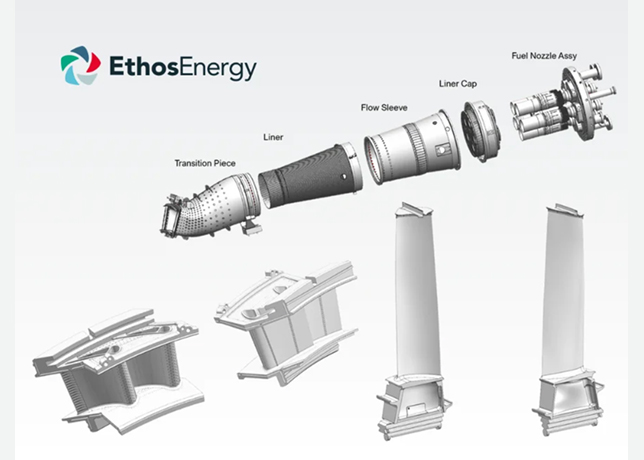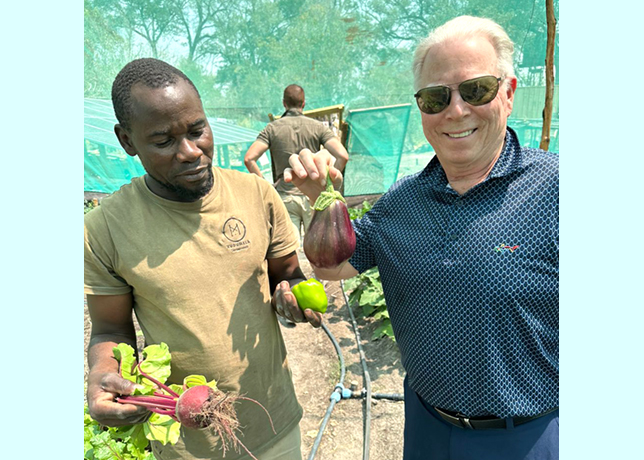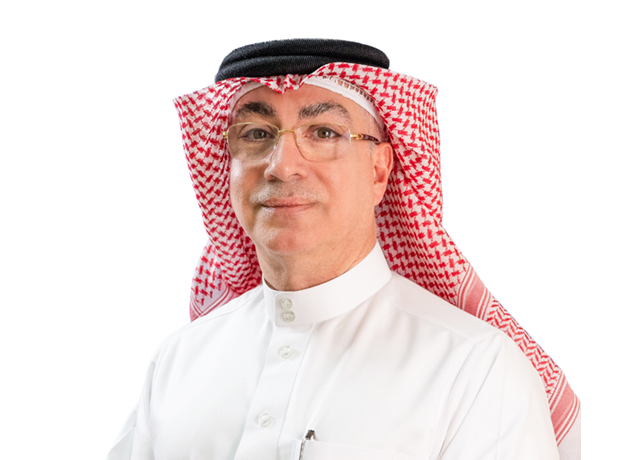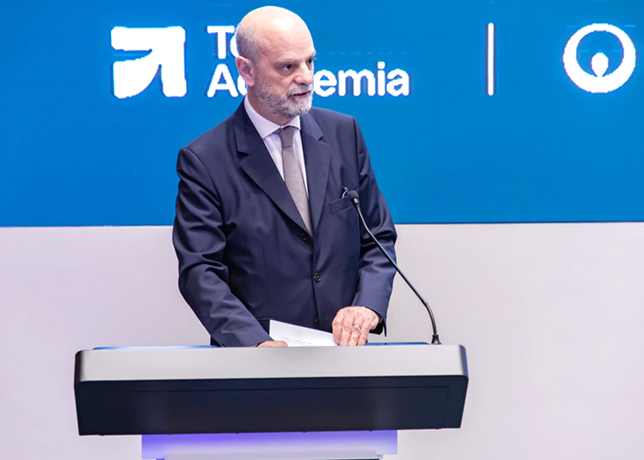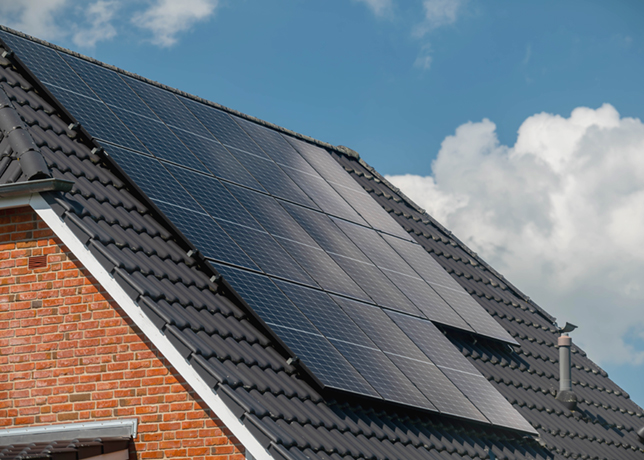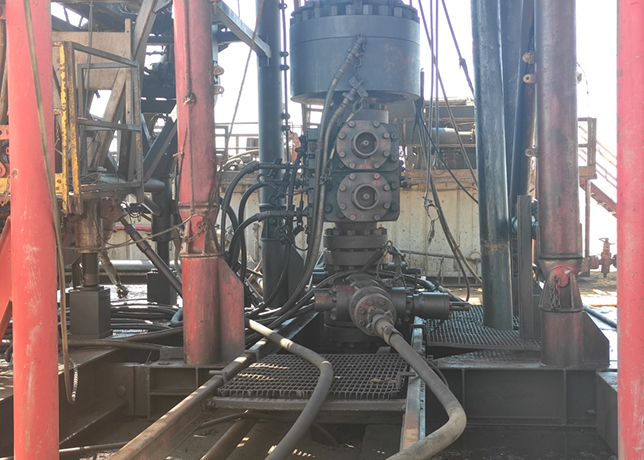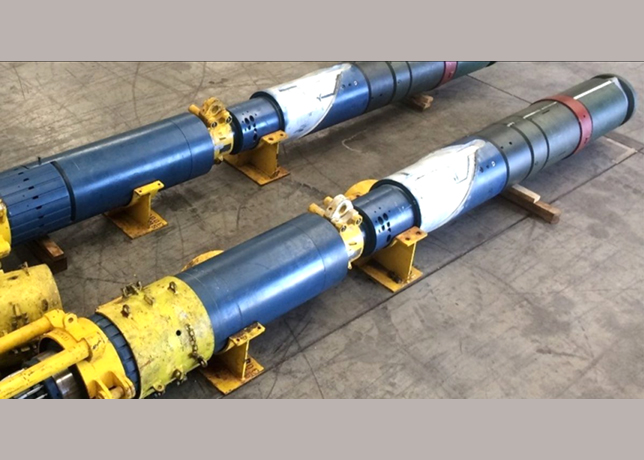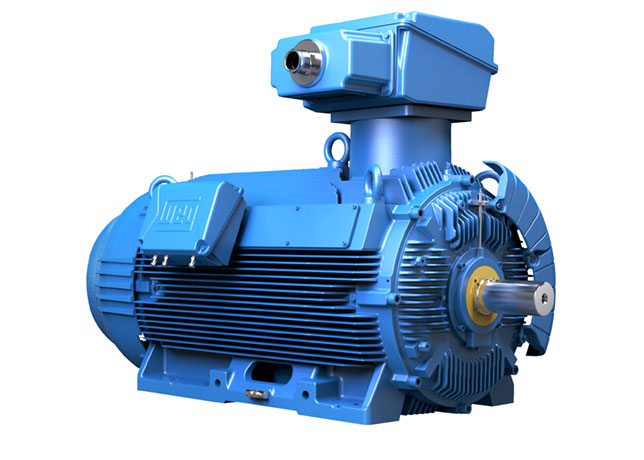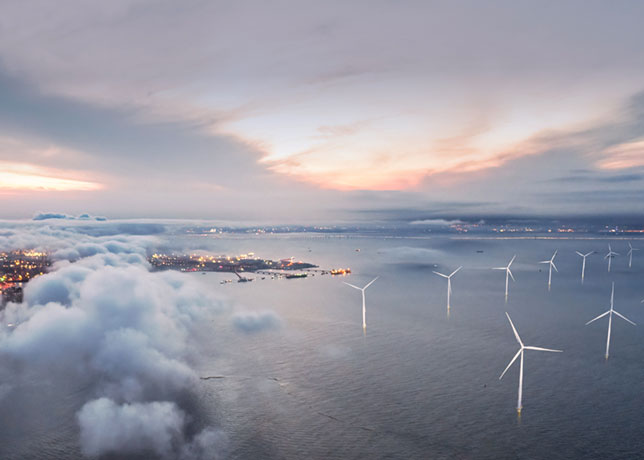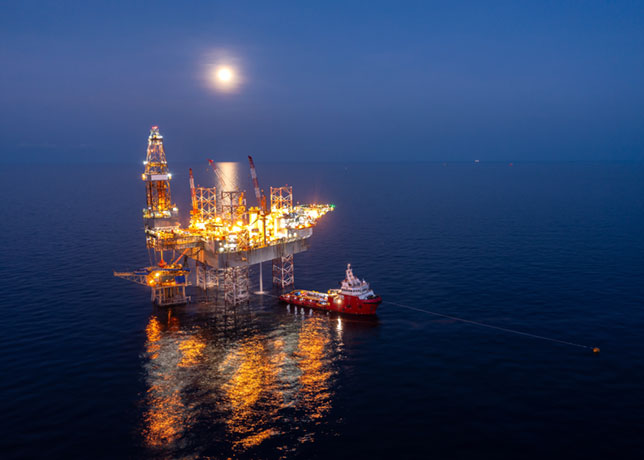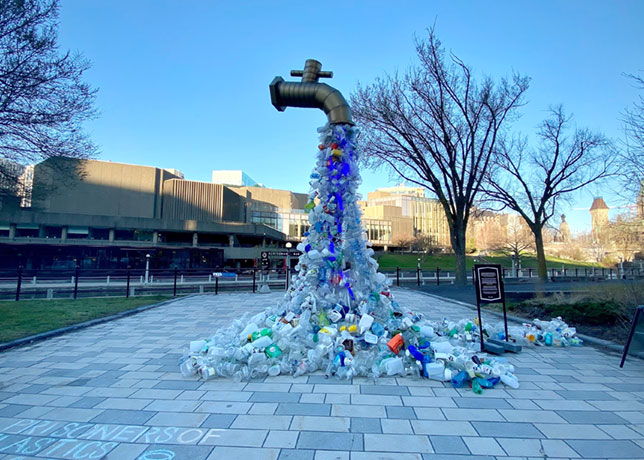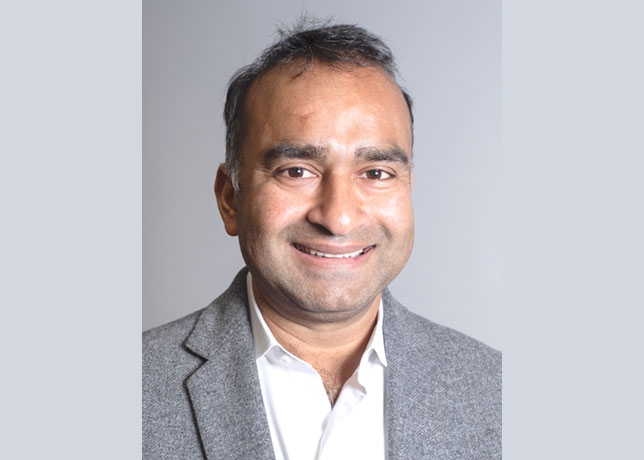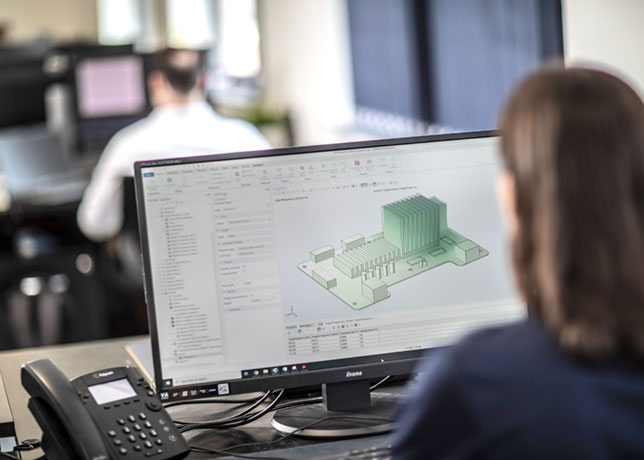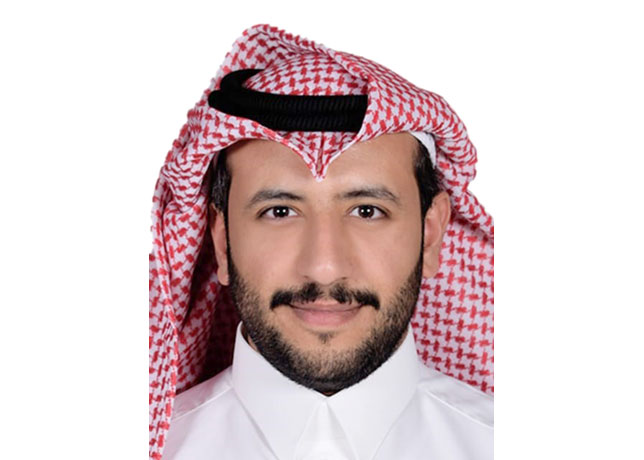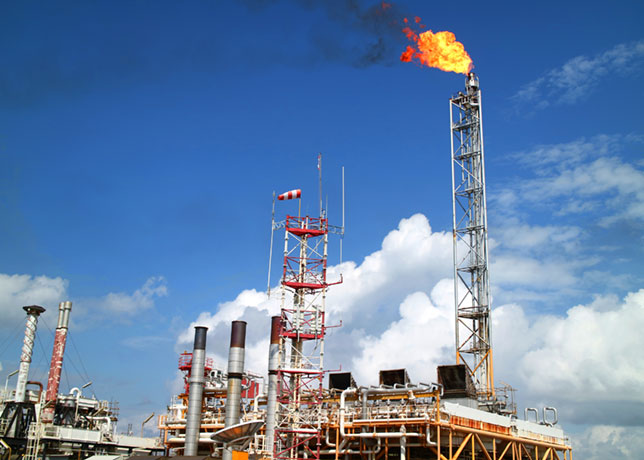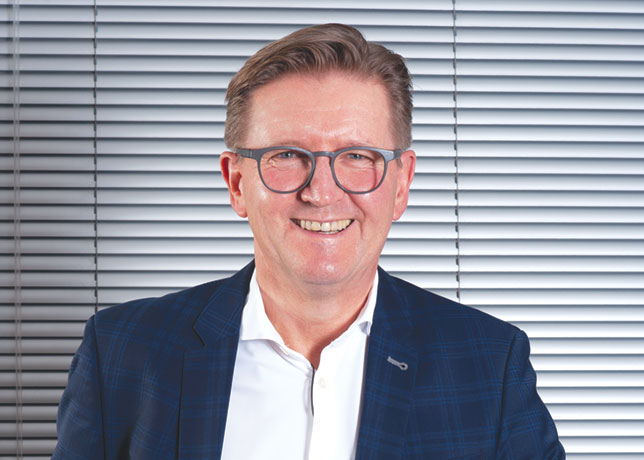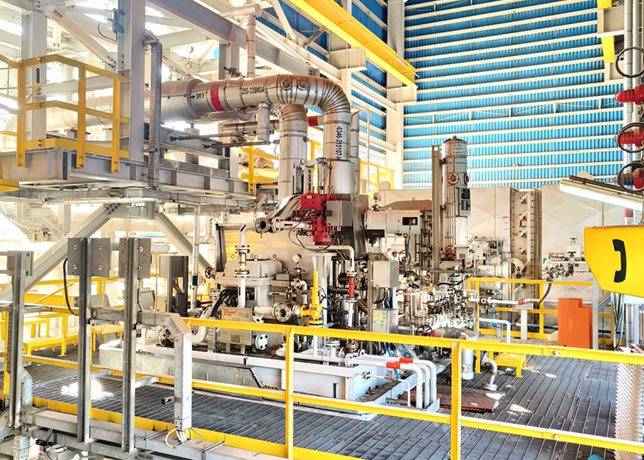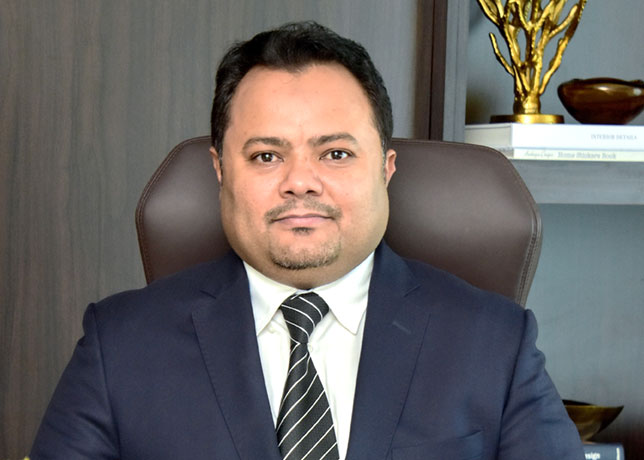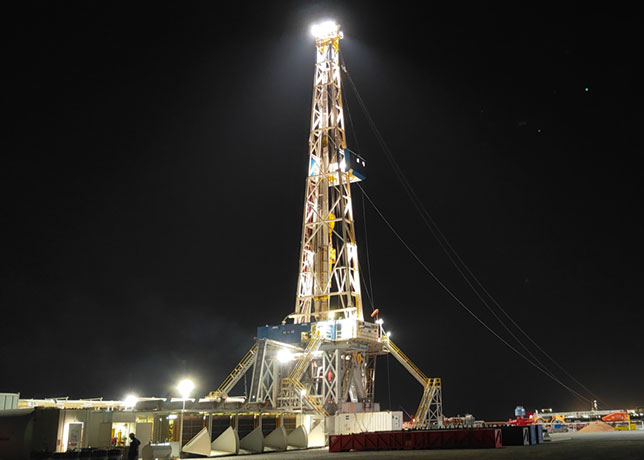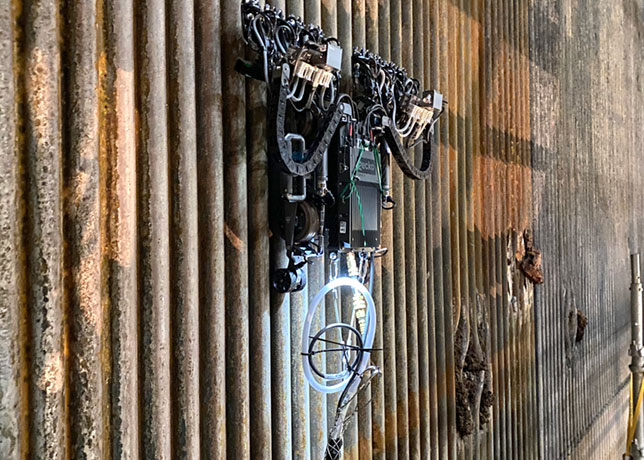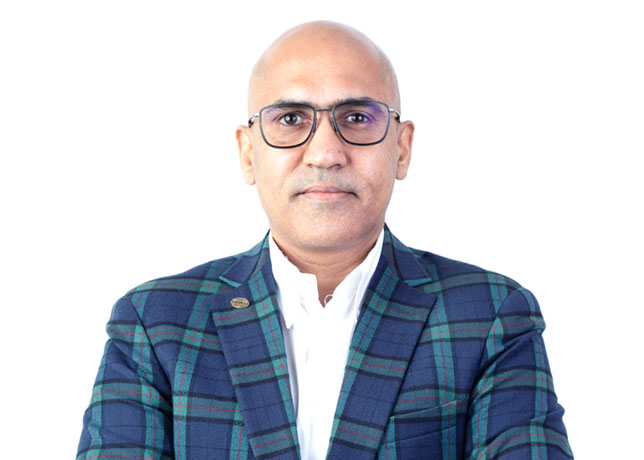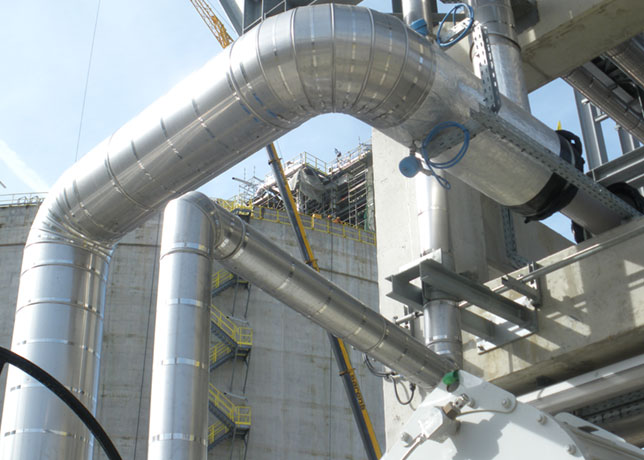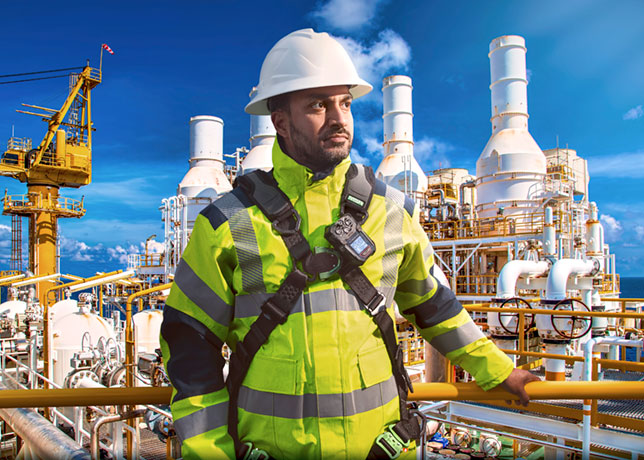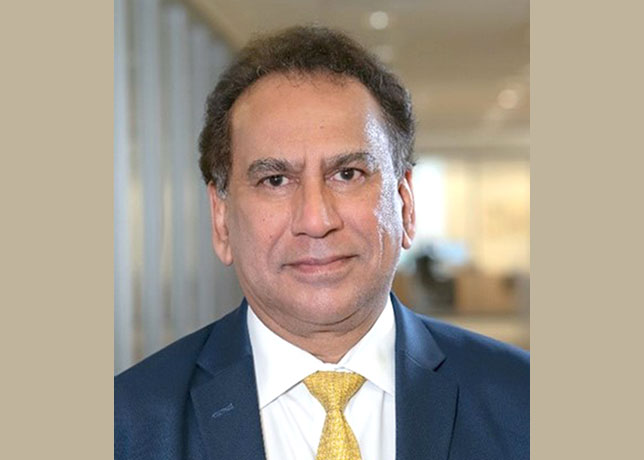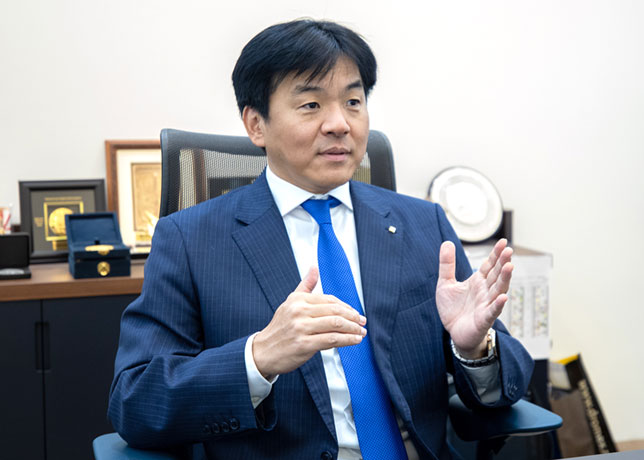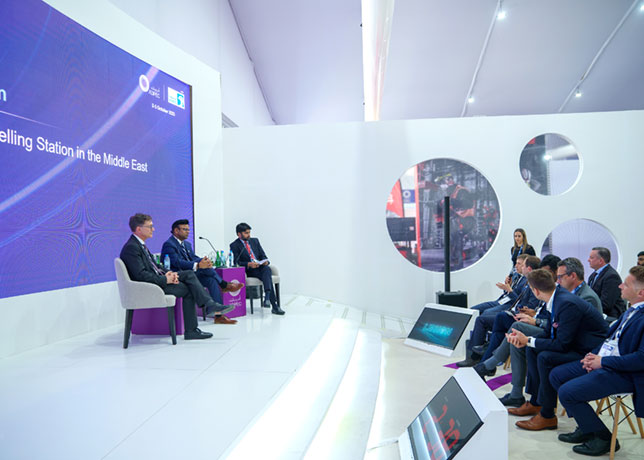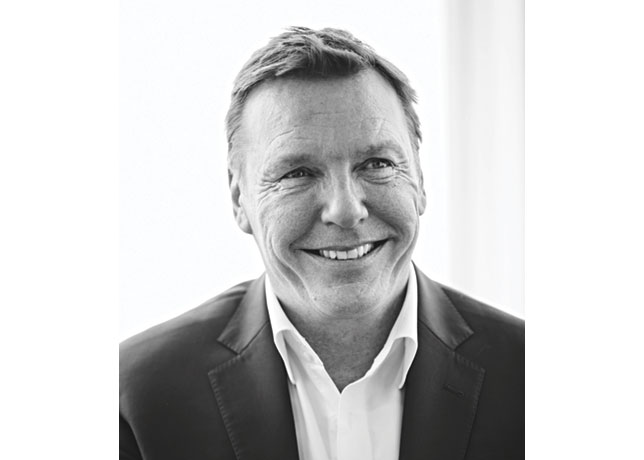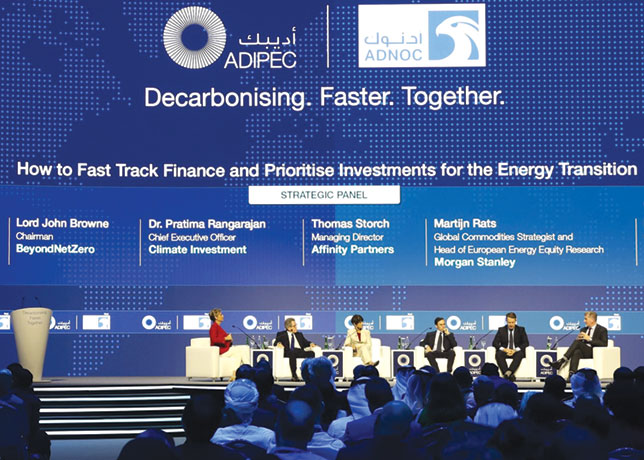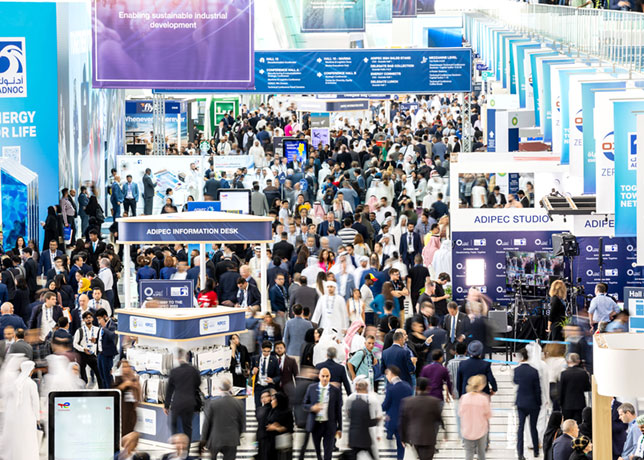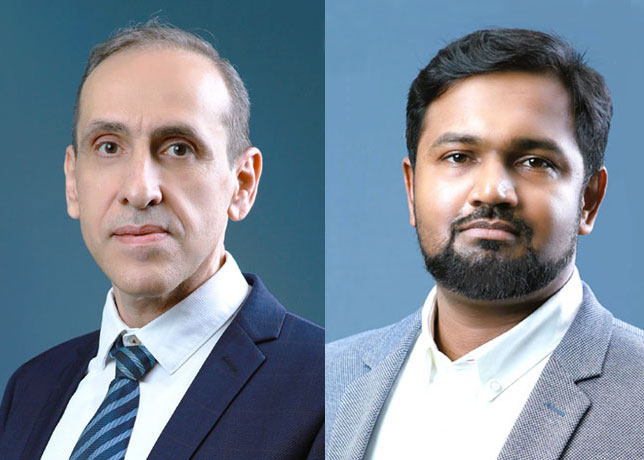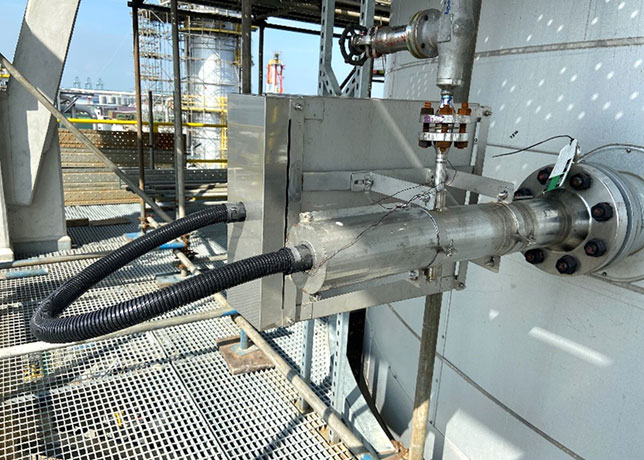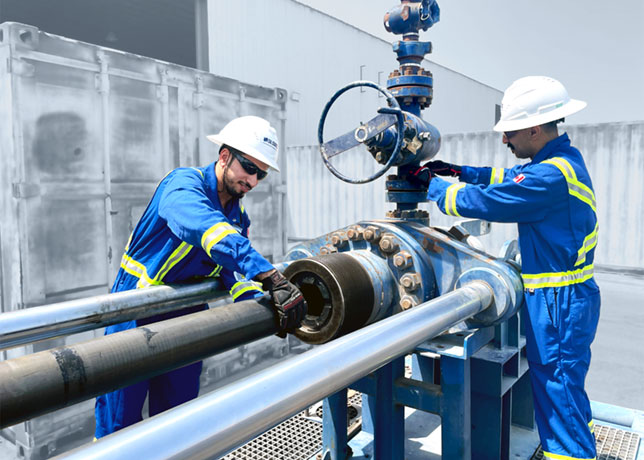
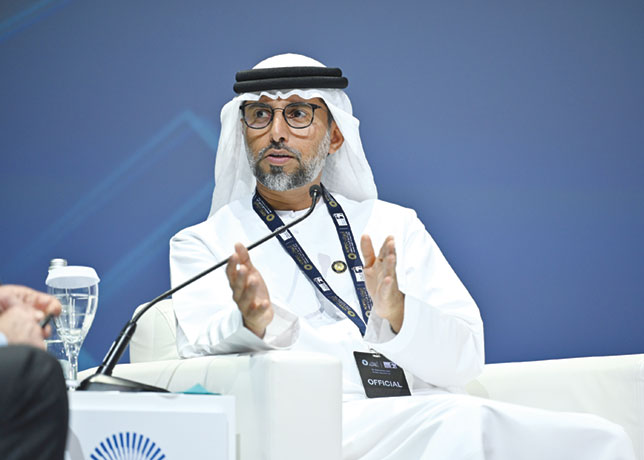 Suhail Al Mazrouei
Suhail Al Mazrouei
As the energy industry looks to the future, the challenge will be to harness the potential of emerging technologies while addressing the pressing need for decarbonisation; and ADIPEC provides an opportunity for industry leaders to explore these themes and collaborate on solutions
As the world prepares for ADIPEC 2024, the significance of this year’s event cannot be overstated. This year, ADIPEC will focus on collaborative actions to accelerate the energy transition while ensuring energy security.
Building on a 40-year legacy, ADIPEC is set to unite global energy leaders, policymakers, and innovators in a pivotal dialogue about the future of energy.
In an interview with Energy Connects, Suhail Al Mazrouei, the UAE Minister of Energy and Infrastructure, emphasised the country's commitment to shaping a sustainable future in a complex global energy landscape.
The UAE has been proactive in implementing strategies for energy diversification and security, a mission that has gained urgency given recent global events.
"Our pivotal role in ensuring stable energy supplies worldwide has assumed even greater significance," Al Mazrouei stated.
Highlighting the success of COP28, he reaffirmed the necessity for swift action in sustainability initiatives.
The UAE has pioneered significant advancements over the past 15 years, such as establishing Masdar, the Abu Dhabi Renewable Energy Company, in 2006.
It was also the first nation in the Mena region to launch a Net-Zero by 2050 Strategic Initiative, aiming to deploy 100 GW of clean energy by 2035 through the UAE-US Partnership for Accelerating Clean Energy (PACE).
This forward-thinking approach is encapsulated in the updated UAE Energy Strategy 2050, which aims to increase the share of clean energy in the national energy mix while achieving net-zero emissions.
Al Mazrouei emphasised: "Our endeavour is to build a balanced energy system that is both cost-effective and reduces emissions."
The commitment to sustainability positions the UAE as a global leader in energy innovation and a model for other nations.
BALANCING ENERGY SECURITY WITH TRANSITION
The UAE’s strategy not only focuses on decarbonisation but also addresses the critical need for energy security amid rising global demand.
 |
Tayba Al Hashemi |
By enhancing its hydrocarbons sector, the UAE aims to ensure stable supplies while transitioning towards lower carbon energy sources.
ADNOC, a UAE state oil company, is already a global leader in producing low-carbon oil and gas. With a recent production milestone of 4.85 million barrels per day, ADNOC’s flagship Murban oil has a carbon intensity less than half the global industry average.
Furthermore, the updated energy strategy includes ambitious targets for 2030, such as tripling the contribution of renewable energy and achieving a grid emission factor of 0.27 kg CO2/kWh.
Through these measures, the UAE demonstrates a balanced approach to energy security while spearheading a global energy transition.
ADIPEC 2024: A PLATFORM FOR GLOBAL DIALOGUE
As the world’s largest energy conference, ADIPEC 2024 will serve as a critical platform for showcasing innovations that advance the energy transition.
The event is set to take place in November, just a week before COP29, providing a timely opportunity for leaders to discuss actionable solutions for sustainable energy systems.
Al Mazrouei anticipates that ADIPEC will highlight the energy sector's commitment to decarbonisation and investment in cleaner technologies.
The conference will gather thought leaders from various sectors to engage in discussions about how energy can drive economic transformation while prioritising environmental sustainability. Topics will range from renewable energy technologies to carbon capture and storage solutions, as well as policy frameworks that can support these transitions. Industry participants will have the opportunity to showcase their latest innovations, share best practices, and form partnerships that can lead to tangible outcomes in the quest for a sustainable energy future.
THREE TRANSFORMATIVE FORCES
Echoing similar sentiments, Tayba Al Hashemi, CEO of ADNOC Offshore and Chair of ADIPEC 2024, underscored the transformative role of artificial intelligence (AI) in reshaping energy systems.
"The next decade will be defined by three transformative forces: the transformation of the global energy system, new growth economies, and the rapid development of AI," she stated.
AI’s potential to optimise supply chains and improve energy efficiency presents an exciting frontier in energy management.
However, Al Hashemi also acknowledged the challenges posed by AI, particularly regarding its energy consumption.
The demand for energy from data centres is expected to triple by 2030, underscoring the need for a sustainable approach to technology integration in energy systems.
Addressing this issue will require innovation not only in energy production but also in energy consumption, ensuring that advancements in AI do not exacerbate existing environmental challenges.
LOOKING AHEAD: A COLLABORATIVE FUTURE
ADIPEC 2024 aims to build on the momentum generated in previous years. The last conference set records in attendance and deal-making, but more importantly, it galvanised the energy sector to commit to urgent action.
The theme "Decarbonising. Faster. Together." resonated throughout the discussions, encouraging a collaborative approach to tackling the energy trilemma of sustainability, security, and accessibility.
As the event celebrates its 40th year, Al Hashemi emphasises the importance of showcasing tangible results from the commitments made in past gatherings.
"ADIPEC 2024 will be a place where we show progress and lay out clear action plans for the future," she remarked.
This forward-looking agenda includes initiatives aimed at enhancing cross-border collaboration in energy supply chains and sharing technology that can facilitate faster transitions to cleaner energy sources.
In a rapidly evolving energy landscape, the convergence of policy, technology, and collaboration will be crucial for ensuring a sustainable energy future.
With global leaders converging in Abu Dhabi this November, ADIPEC 2024 is poised to become a defining moment for the energy sector, fostering partnerships that drive innovation and economic growth.
As the energy industry looks to the future, the challenge will be to harness the potential of emerging technologies while addressing the pressing need for decarbonisation.
ADIPEC 2024 will provide an opportunity for industry leaders to not only explore these themes but to collaborate on solutions that ensure a resilient and prosperous energy future for all.
By combining efforts across nations and sectors, the conference aims to foster a unified approach to the energy challenges that lie ahead, setting the stage for a sustainable and secure global energy landscape.



